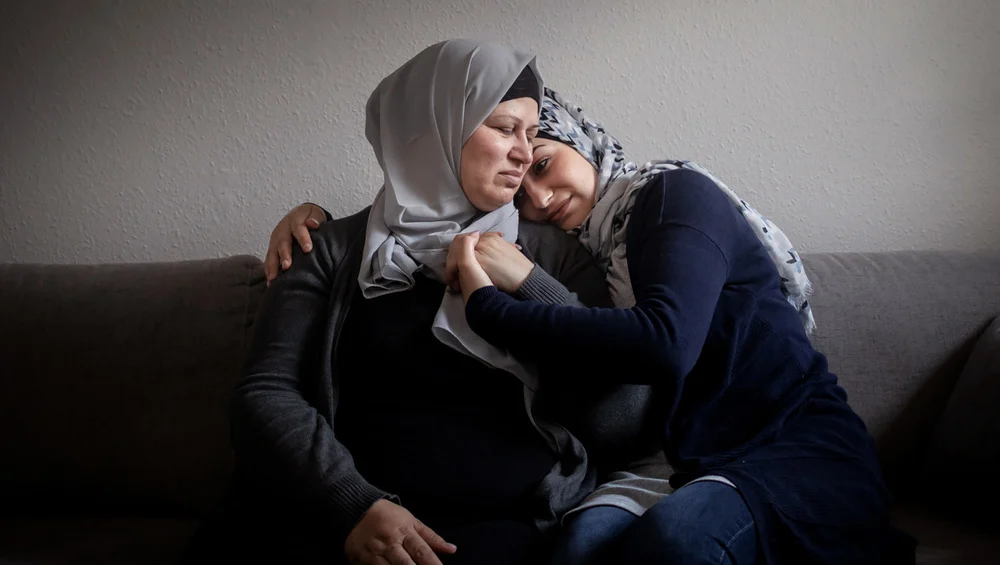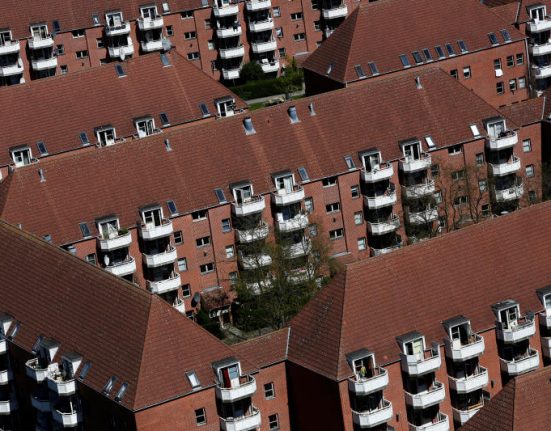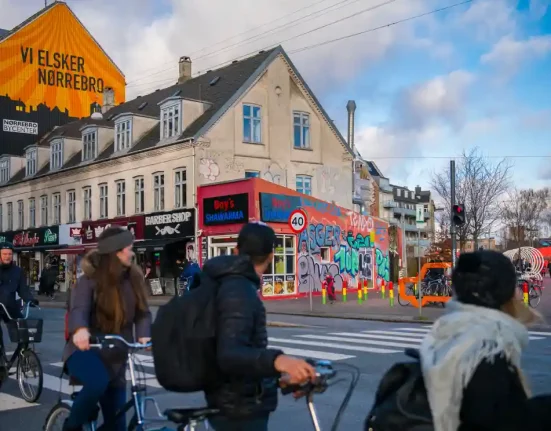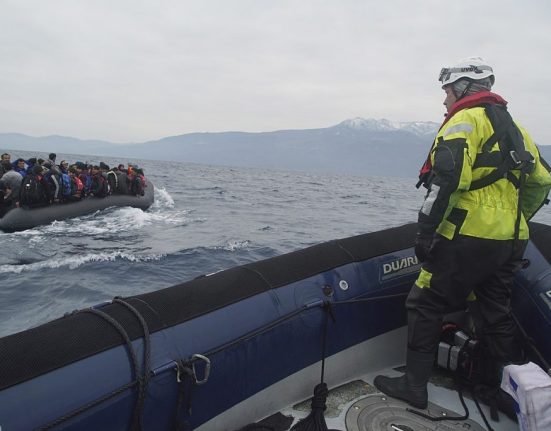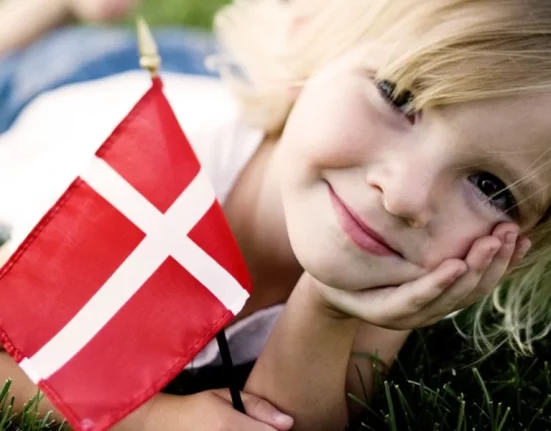The risk of being forced to return to Syria is most significant for young women under Denmark’s aggressive approach toward Syrian refugees. The Danish government continues its policy of selective acceptance of refugees, based mostly on their country of origin.
Independent of other EU member states, the Danish government has determined that Damascus and its surrounding region are safe for returning refugees as early as 2020.
As a result, more and more Syrians who sought safety from the civil war in Denmark are now being forced to return home, although the war in Syria is still active in various regions. Human rights organisations have harshly criticised the action, accusing Danish authorities of endangering returns.
Critics assert that Denmark has become an increasingly hostile environment for migrants and refugees in recent years as a result of its divisive policies, such as limiting the number of “non-westerners” living in certain neighbourhoods, returning refugees to countries that are still at war, and proposals like outsourcing asylum processing to Rwanda.
It appears that these regulations primarily target young, unmarried women.
Boys and young men are typically exempt from being transferred back to Syria since they would be conscripted if they returned. Additionally, older individuals and families are less likely to be harmed. Young women are disproportionately affected by the policy of returning Syrian refugees to their place of origin.
Aya Abo Daher had recently completed high school when she received her deportation notice from Danish authorities. When she received the letter, the 22-year-old had lived in Denmark for five years, thoroughly assimilated into society, and received her education there.
In the months that followed, Daher’s story sparked international outrage. Her tale drew a great deal of attention, and she is now the subject of a documentary created by The Guardian that follows her as she navigates the risk of deportation to her war-torn homeland.
Following Daher’s appeal to the Danish Refugee Board, the immediate threat of deportation has subsided; Daher’s residency was ultimately extended for an extra two years because her public profile would place her in danger from the Assad regime if she returned to Syria. Others, however, will likely have less success with their appeals.
“They gave me a residency permit because I was in the media. They did not believe in what I said about my situation and the dangers I would face in Syria. That really hurt,” Daher told The Guardian.
“I hope I don’t have to go through this process again.”
Denmark’s selective refugee policy
There are also complaints that the current policy stands in stark contrast to Denmark’s treatment of Ukrainian refugees. The Danish government has been accused of racism after a controversial “anti-ghetto law” was amended to allow Ukrainian refugees to relocate into social housing.
Following the issuance of a decree prohibiting “non-Westerners” from settling into “disadvantaged neighbourhoods” to prevent the establishment of “parallel societies,” this measure has been taken.
In addition, the Danish interior ministry suggested a bill that would limit the percentage of “non-Western” citizens in any Danish neighbourhood to no more than 30 per cent within a decade.
These so-called “non-Westerners” are described as people from outside the EU, eight European countries linked with the EU, the United States, Canada, Australia, and New Zealand. It appears to be at the discretion of politicians, authorities, and bureaucrats as to whether or not persons from other countries will be sent back to their home country.
Aya Abo Daher’s public plea on Danish television is a plea for all those who may be affected by Denmark’s controversial immigration policies: “I truly hope I don’t have to return to a place where I risk being killed.”


